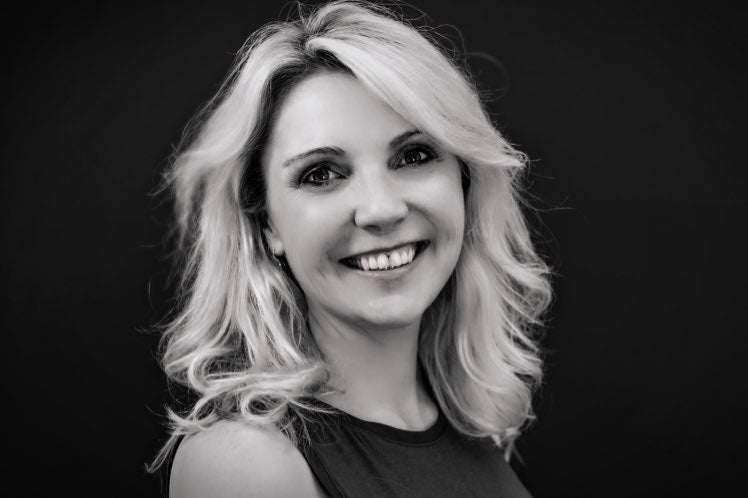Friday, April 3 at Noon

Designing for Usability
Human Factors Engineering is a required activity when submitting a medical device for approval by the FDA and other regulatory bodies. The focus on Human Factors in the design of medical devices is to identify potential use errors that could endanger patient or user safety. A widely cited report published in 2016 suggests at least 250,000 patients die each year due to medical error, making it the third leading cause of death in the USA. A large percentage of these deaths are related to poor usability of the design. Because of these issues, Human Factors expertise is becoming a valuable skillset that companies are in desperate need of integrating into their product development process. This presentation will cover what Human Factors is, the activities that make up deliverables from a Human Factors Engineer during product development and how Human Factors Engineering ties into Systems Engineering, Biomedical Engineering, Mechanical Engineering, and Design.
About the Presenter

Tressa J. Daniels is the Global Director of Human Factors Engineering at Teleflex Inc.
Tressa has worked in the field of Human Factors Engineering for 22 years. Her expertise is in user interaction design, ethnographic research and executing human factors analyses of consumer and medical products, including infusion pumps, oral medication dispensing systems, migraine machines and DNA Sequencers. Formerly, Tressa worked at Becton Dickinson, Illumina, CareFusion, HP, Intel and Xerox and was a Human Factors instructor at Woodbury University in Burbank, CA. She is also a member of AAMI Teaching Faculty in Human Factors in Medical Device Design. She is a member of the Human Factors and Ergonomics Society (HFES) as well as the Association for the Advancement of Medical Instrumentation (AAMI). Tressa serves on AAMI’s Human Factors Engineering Standards Committee as well as hosts regular Webinars for AAMI. Tressa holds a Bachelors Degree in Psychology as well as a Masters in Human Factors Engineering and Applied Experimental Psychology.